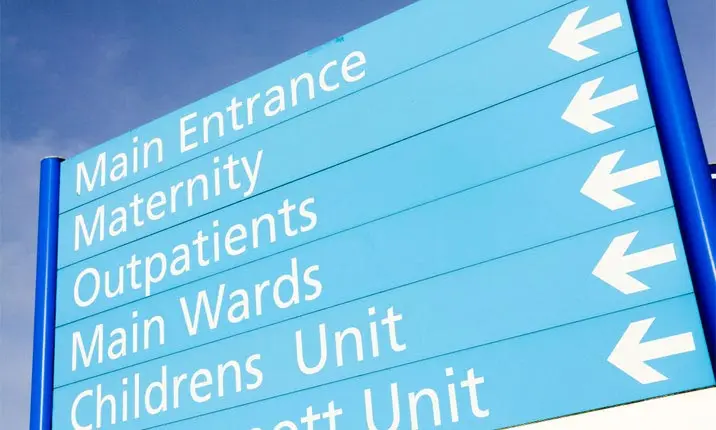What are antenatal classes?
Antenatal classes are classes conducted by hospitals, with the aim of equipping expecting parents with all the knowledge needed for them to prepare for the delivery of their child. These classes aim to provide expecting parents, both mummies and daddies, with the confidence and knowledge to give their newborns a good start in life.
While antenatal classes are not compulsory, they are popular because these classes provide hands-on experience that can boost the expecting parents’ confidence. Parents-to-be often enjoy the opportunity to connect with other expecting parents, clarify any concerns, and gain confidence through knowledge and practice.
What are the benefits of antenatal classes?
Antenatal classes provide many benefits beyond just education. These benefits include:
1. A hands-on experience
Antenatal classes go beyond just giving you information. They also provide you with hands-on experience of the delivery process. Many hospitals provide tours of the delivery rooms to familiarise expecting parents with the environment in which the mother-to-be will deliver her child. For ease of convenience, there is also the option of taking a virtual tour instead of making a trip in person.
2. Clarifying queries and concerns with qualified staff
If you have any burning questions about your pregnancy journey, these classes are the perfect opportunity to air your concerns. The trained staff are more than willing to help you in your journey and put your mind at ease.
3. A supportive community
Antenatal classes are a great way to connect with other parents who are delivering around the same time as you are. You will likely form friendships and find the shared experience highly supportive, especially if you don’t currently have friends with young children. These bonds can help you through the first few months with your baby and provide potential playmates for your child as well.
What you will learn in an antenatal class
Classes are held in small groups and typically cover how to prepare for the birth, including getting familiar with the hospital birthing environment, and how to care for your baby when they arrive.
As a reference point, here are some of the main learning points you can expect at Mount Elizabeth Novena Hospital:
Giving birth and early days with your new-born
- When to go to the hospital
- Labour in a hospital environment
- Managing surgical and episiotomy wounds
- Understanding emotional changes
- Strengthening pelvic floor muscles
- Common characteristics of a new-born
- Swaddling your baby
- Burping your baby
- Managing a choking baby
Breastfeeding
- Skin-to-skin benefits
- Responding to baby cues
- Breastfeeding positions
- Having the correct latch
- Why and when babies will need supplements
- Getting back to work while breastfeeding
- Milk expression and milk storage
- Increasing breast milk supply
- Prevention of sore nipples
- Relief of engorgement/oversupply
- Prevention of blocked milk ducts
- Coping with baby's cries
- When to wake a sleeping baby to breastfeed
Baby hygiene
- Baby baths and diaper changes
- Taking care of your baby's eyes
- Taking care of the umbilical cord
When to start antenatal classes
Most expecting parents start going for classes at around 30 – 32 weeks of pregnancy, but can also attend introductory classes before that. If you are expecting twins, you are likely to have an earlier delivery date, and hence should start your classes earlier at around 24 weeks of pregnancy.
Regardless of whether you’re a first time parent, antenatal classes are a great way to gain hands-on experience and prepare for your new-born. Learn more about the classes conducted at Mount Elizabeth Hospital and Mount Elizabeth Novena Hospital and how you can be a part of them.













